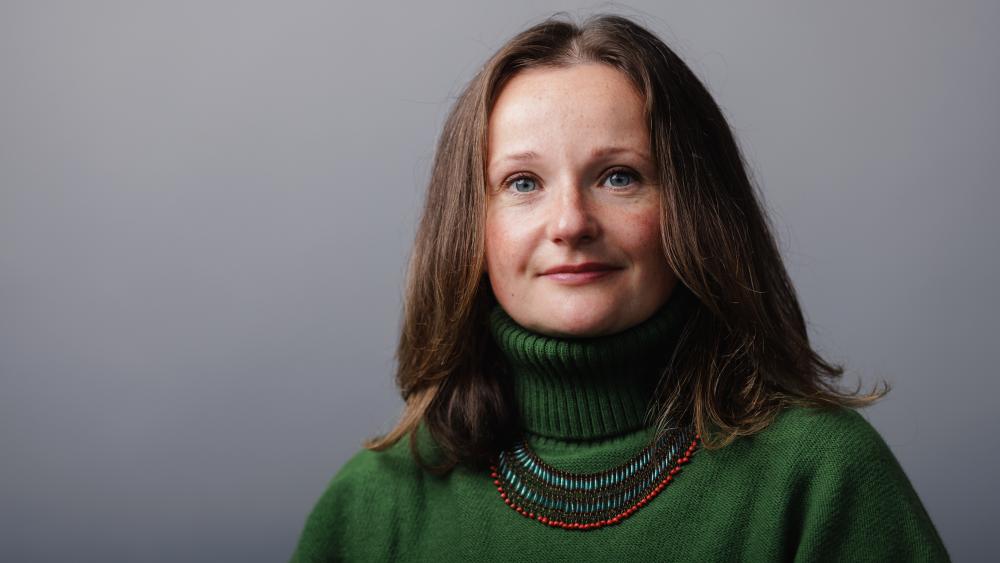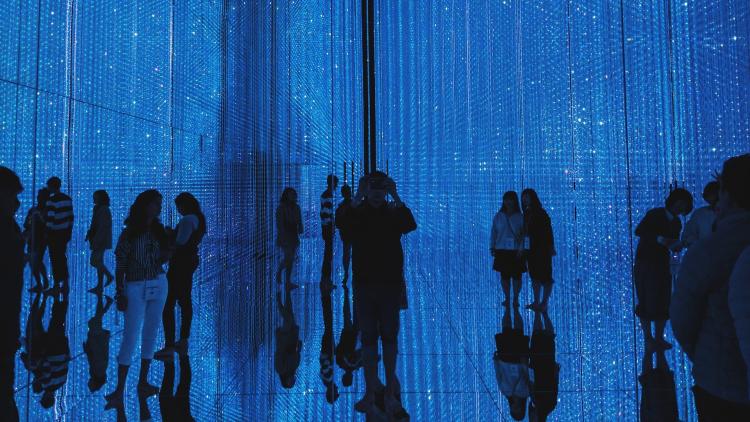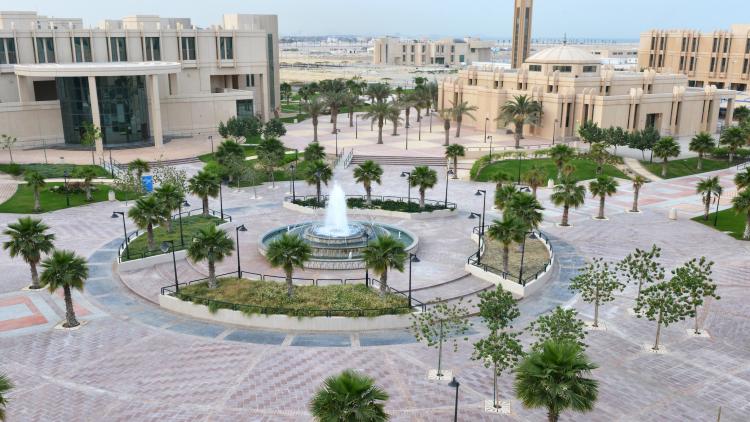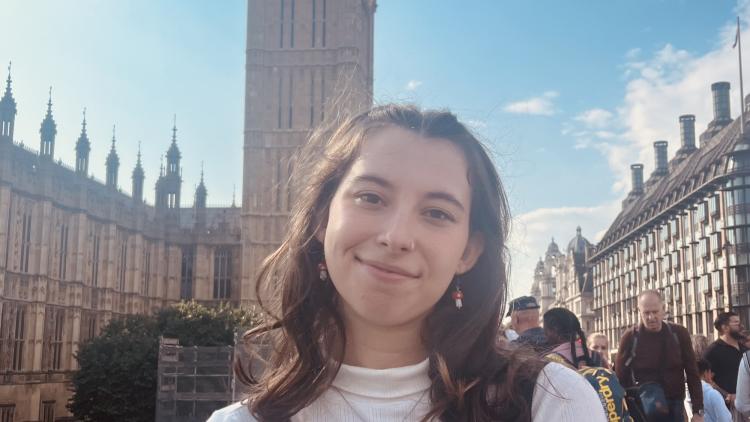School of Arts
Kasia Ploskonka
You are viewing:
Key information

Key information

- Roles
- School of Arts PhD researcher
- Department
- School of Arts
- Qualifications
- PhD in Art History & Archaeology from SOAS, University of London; MA Contemporary Art from Sotheby's Institute of Art, London; BFA with an Emphasis in Art History, Theory & Criticism from The School of the Art Institute of Chicago, Chicago
- Email address
- Kasia_Ploskonka@soas.ac.uk
- Thesis title
- Contesting Convention: Contemporary Art within the Political Landscape of Post-Soviet Central Asia
- Internal Supervisors
- Professor Anna Contadini
Biography
| Dr Kasia Ploskonka graduated in Contemporary Art from Sotheby’s Institute of Art, London with a MA thesis monograph of a contemporary Kazakhstani artist and the interplay of his work with that of the Kazakh political and social context. Subsequently she completed her doctorate in Art History and Archaeology at SOAS, University of London with a thesis on contemporary art practices in the political landscape of Post-Soviet Central Asia that context convention. Currently, she is completing her first book which examines the politics of artistic practices and methods within post-Soviet Central Asian focusing on the cultural production and critique of important issues in nation-building, ethnonationalism, searches for selfhood, gender problems, problems of working conditions and invented traditions. In parallel, she is a humanities and culture professional with over 15 years of experience working on the planning, implementation and delivery of time critical projects across the international cultural sector. Dr Ploskonka has been a Graduate Teaching Assistant for three years; she has also served as a Guest Lecturer within the School of Arts. |
Research interests
| Dr Ploskonka’s research interests over the last 15 years have developed between the intersection of power relations of contemporary art practitioners and the state specifically within the Central Asian region. Art and power have a longstanding relationship with one another. Looking at how authoritarian regimes in Central Asia following the dissolution of the Soviet Union have used art as a ‘soft’ tool for the construction of a desired or prescribed new national identity, and have sought, through the promotion of newly created state symbols to extract benefits from globalisation, whilst legitimising a soft version of authoritarianism. Agency and autonomy of contemporary artists and their art forms face pressures against continuing state efforts at control, co-option and incorporation into a legitimising nationalist narrative. Visual culture in Central Asia has continued to be a tool of the state, used to structure the present by relating an ‘authentic’ past to a desired future, so putting in question the extent to which artistic autonomy and agency exist in contemporary art. Her continuing research is supported through her interest in documentary photography which is featured within Central Asia in Context: A Thematic Introduction to the Region, University of Pittsburgh Press, 2022 alongside written articles which delve deeper into specific cases of art and agency ‘Contesting Convention: Agency in Dushanbe’s Contemporary Art Scene’ in The Social Role of Art and Culture in Central Asia, Routledge, 2022 and in the Central Asian Survey, January 2021. She is currently completing her first book which will bring together in a single study, a large number of contemporary art practices from the region which have too long been treated as peripheral to the art historical record. |
Personal links
www.kasiaploskonka.com
Contact Kasia
- Social media


